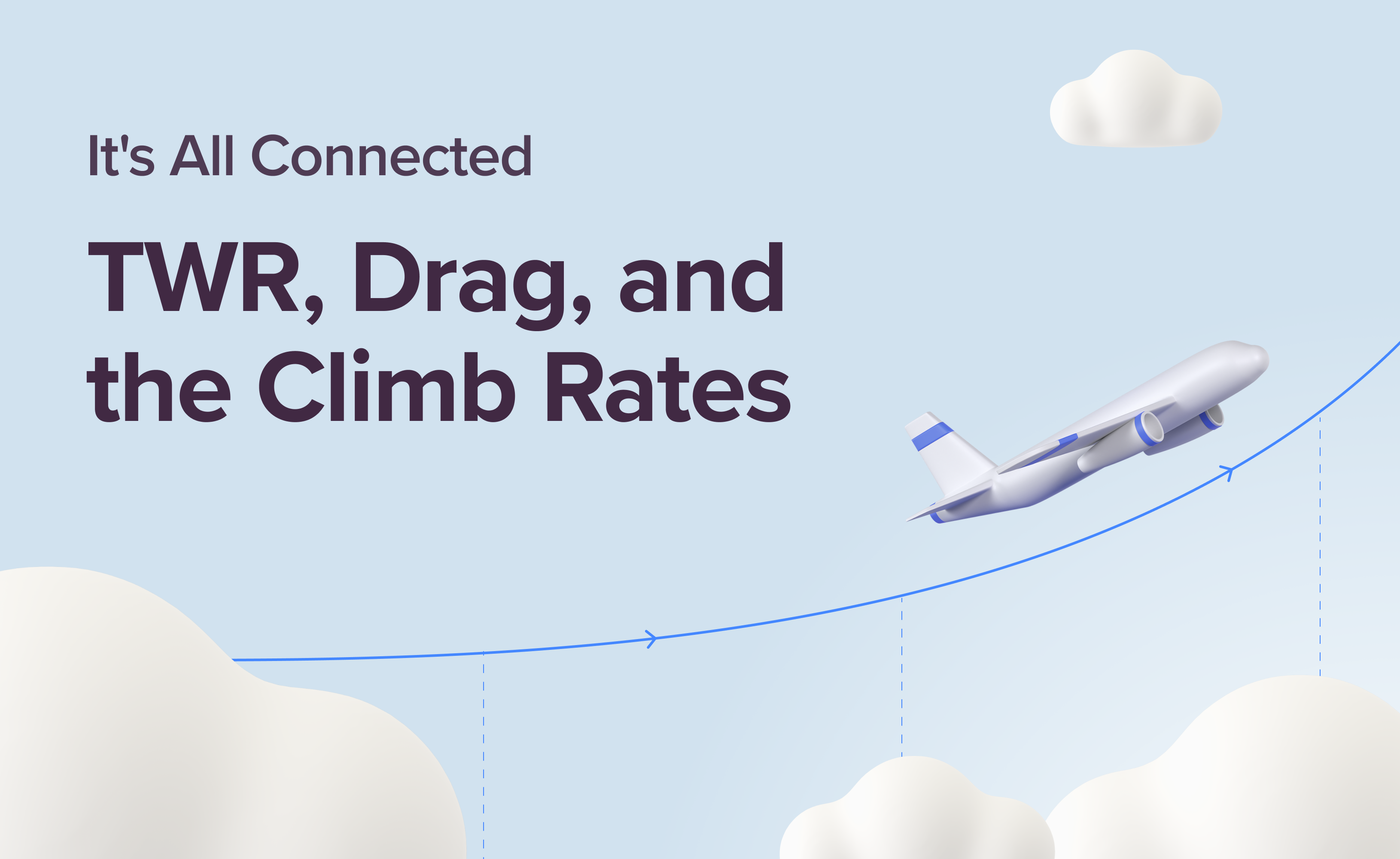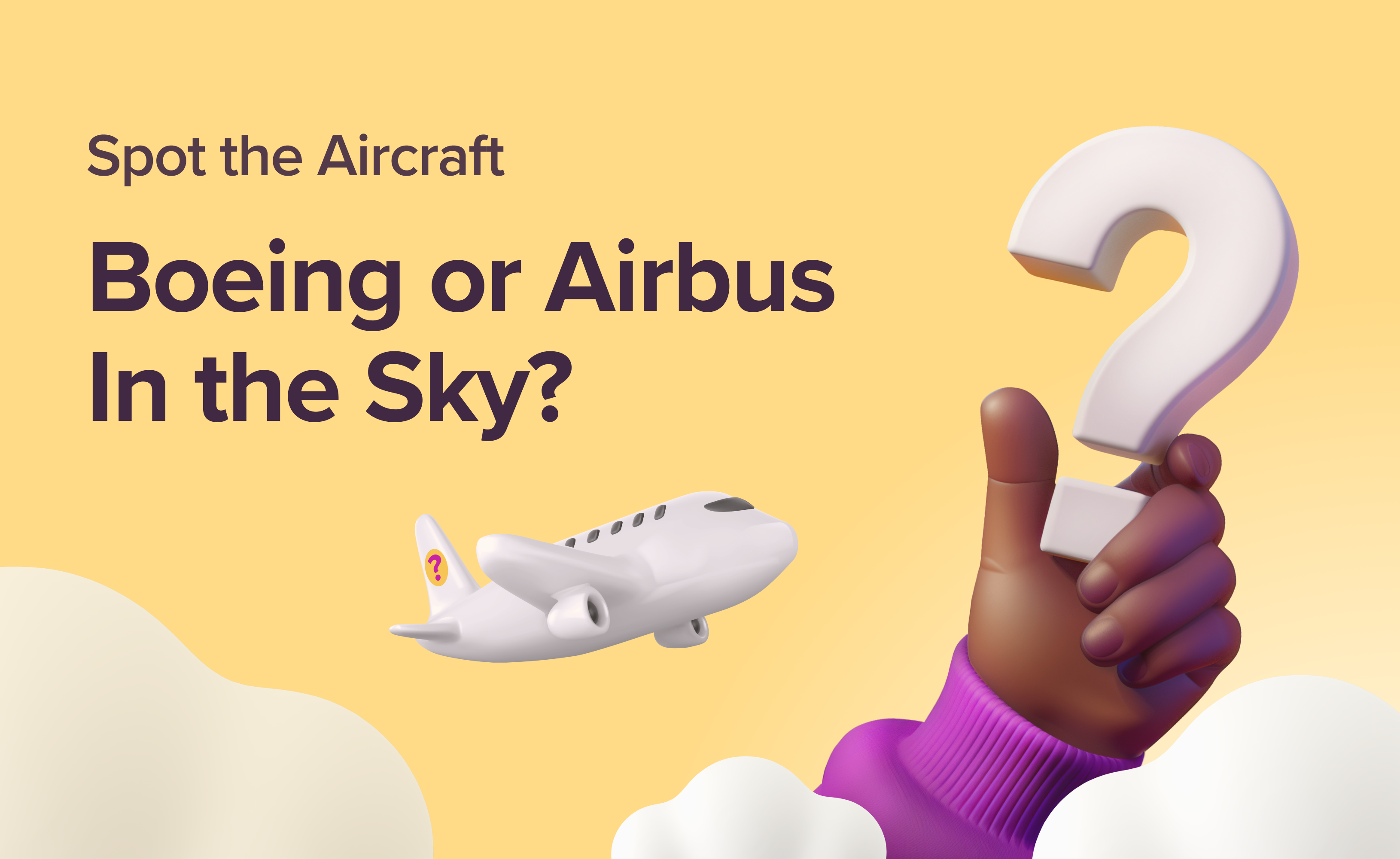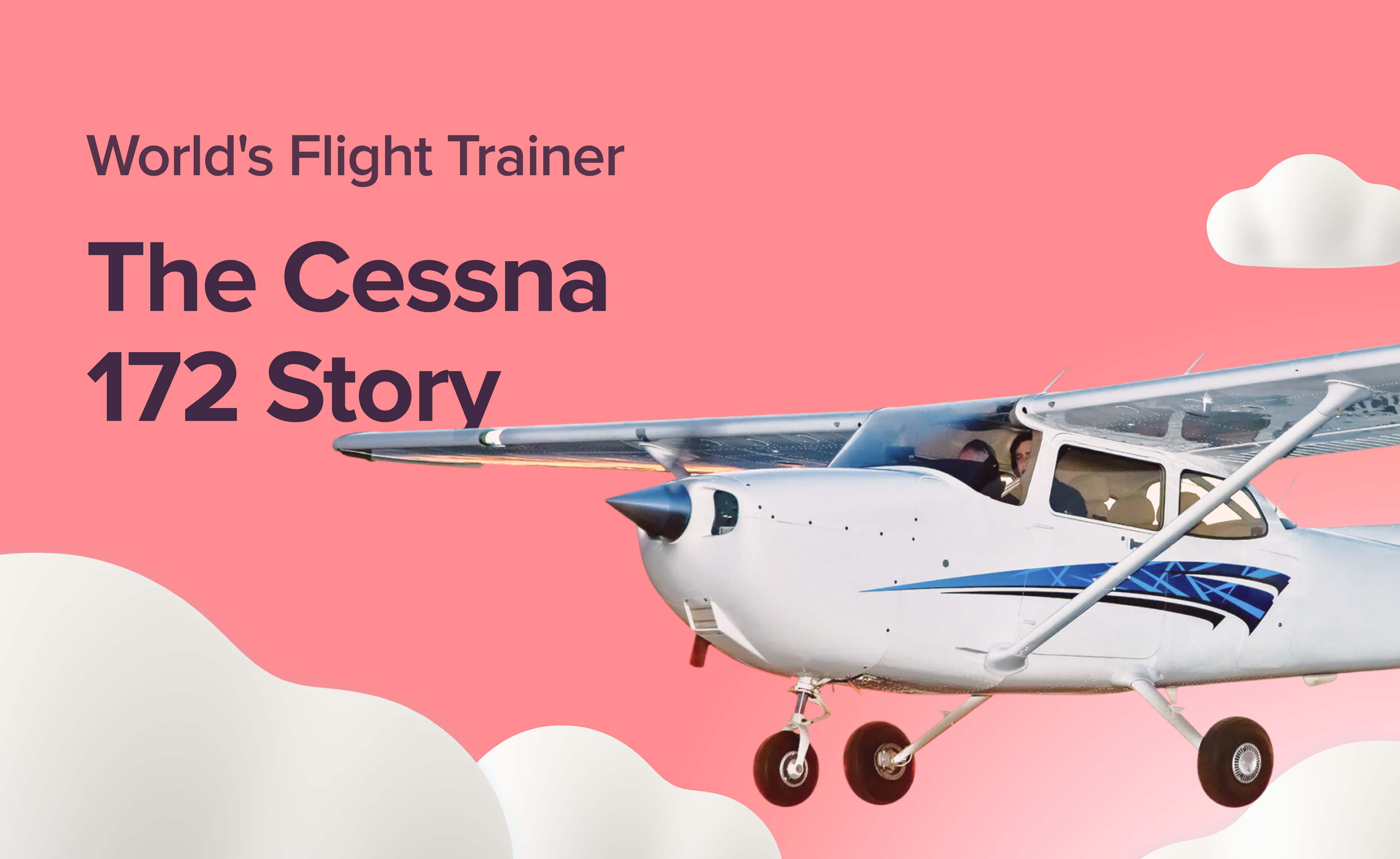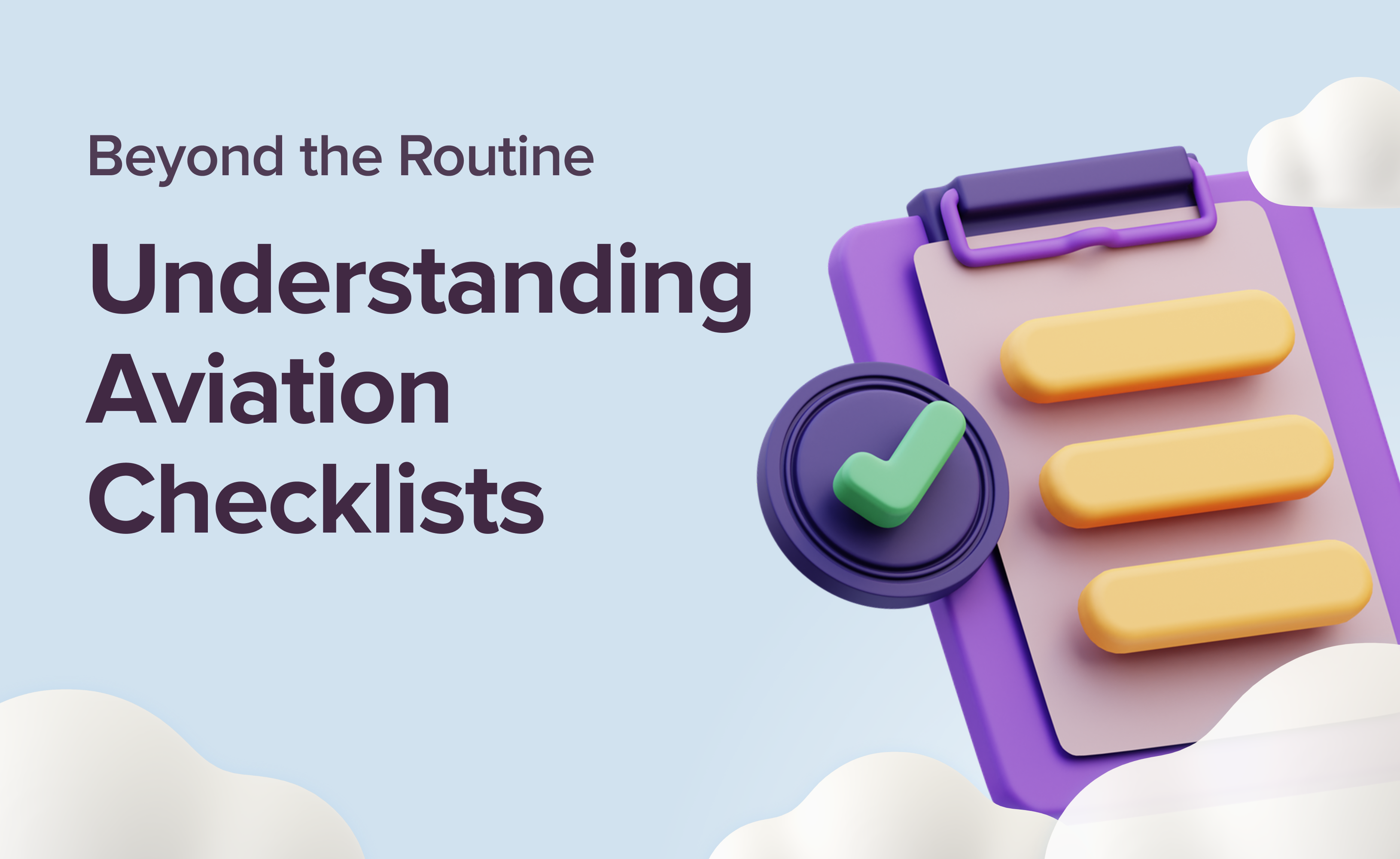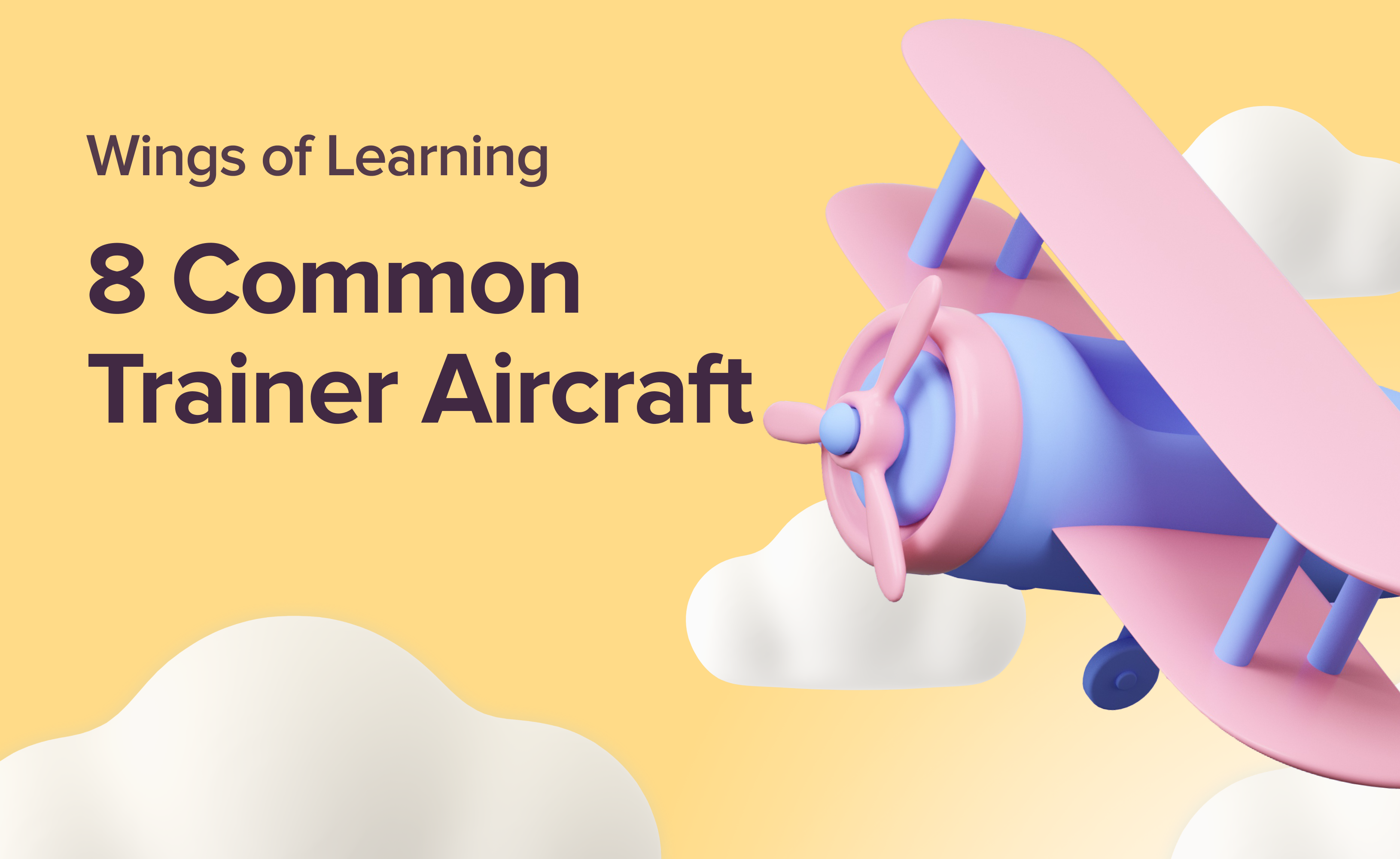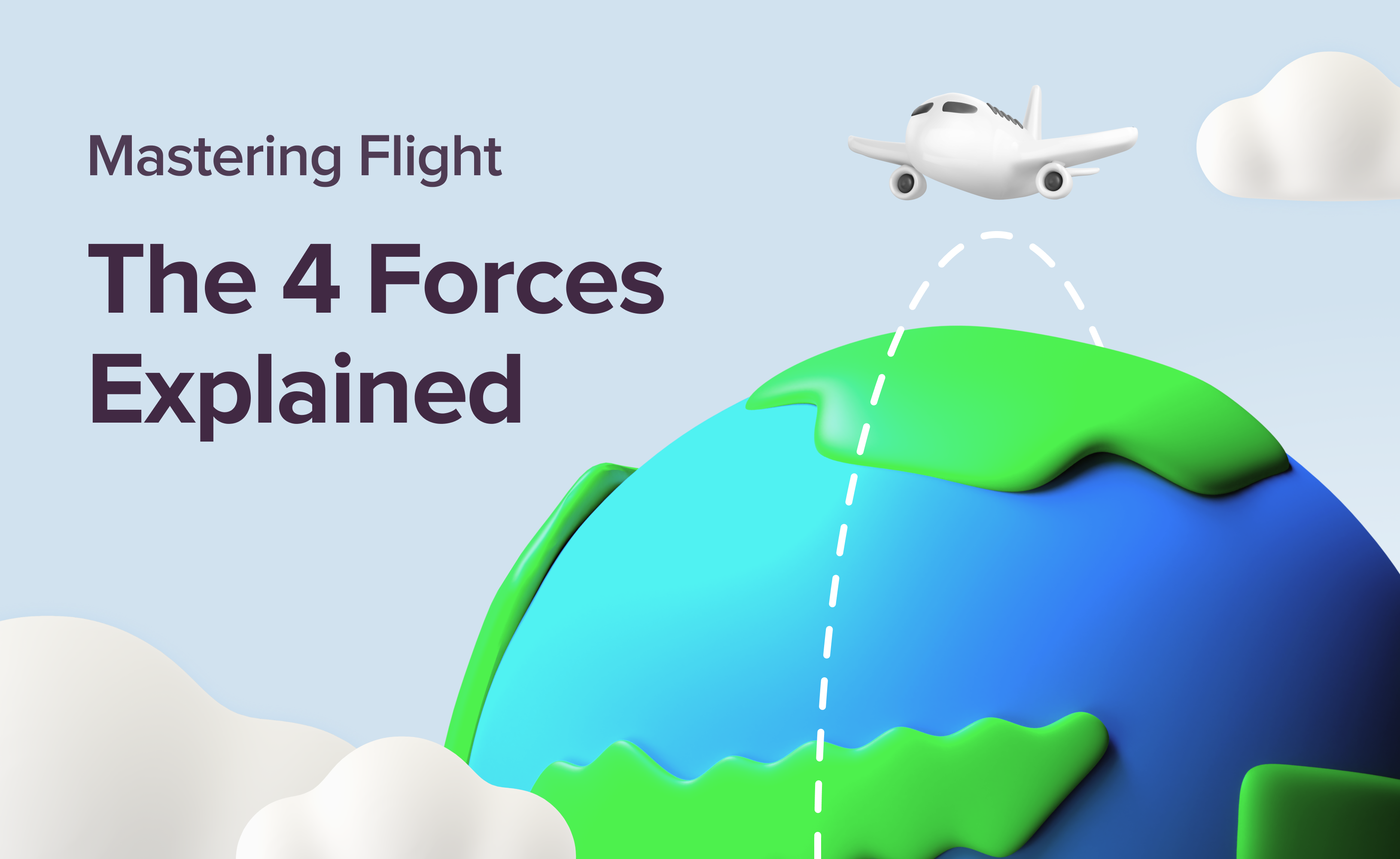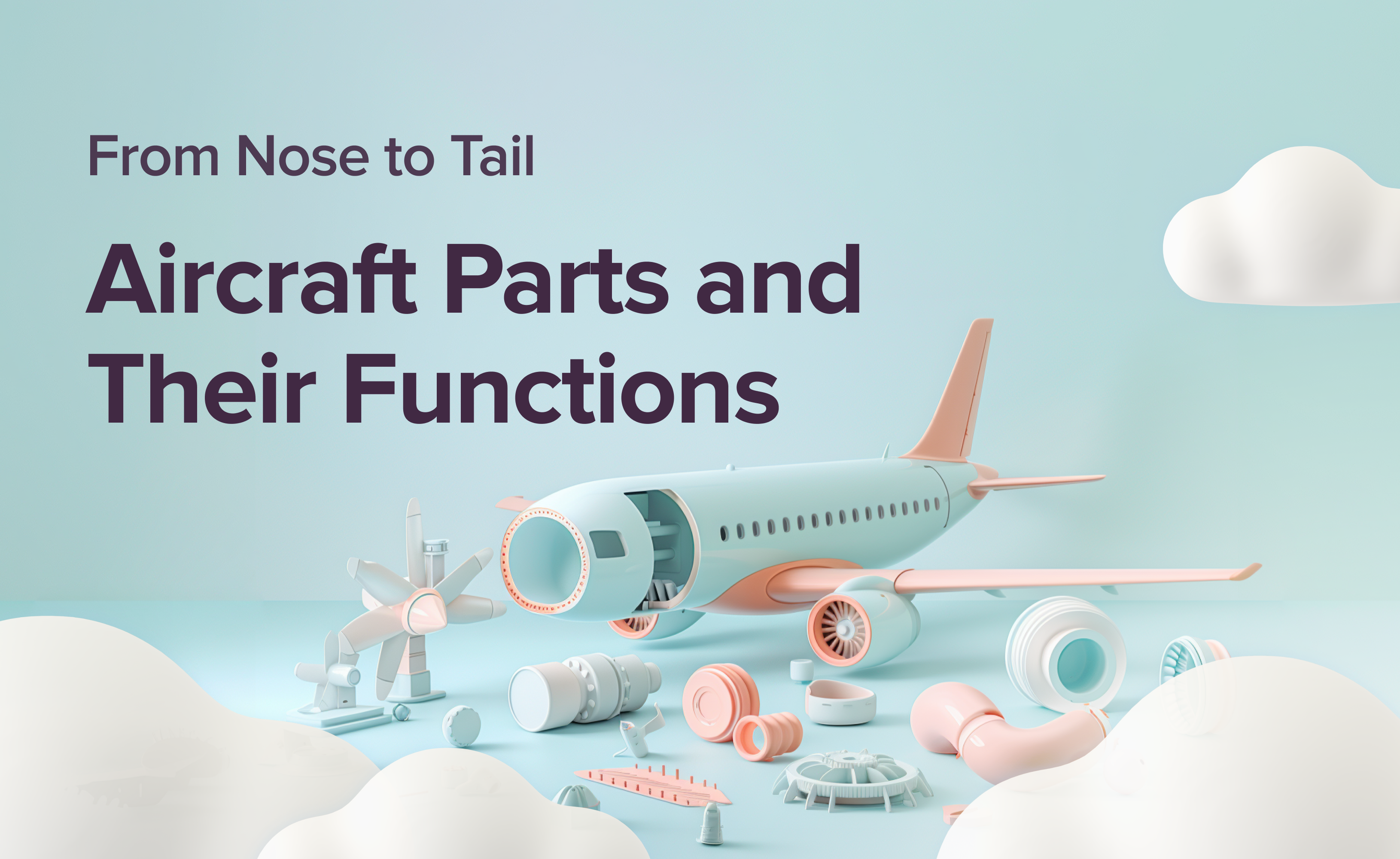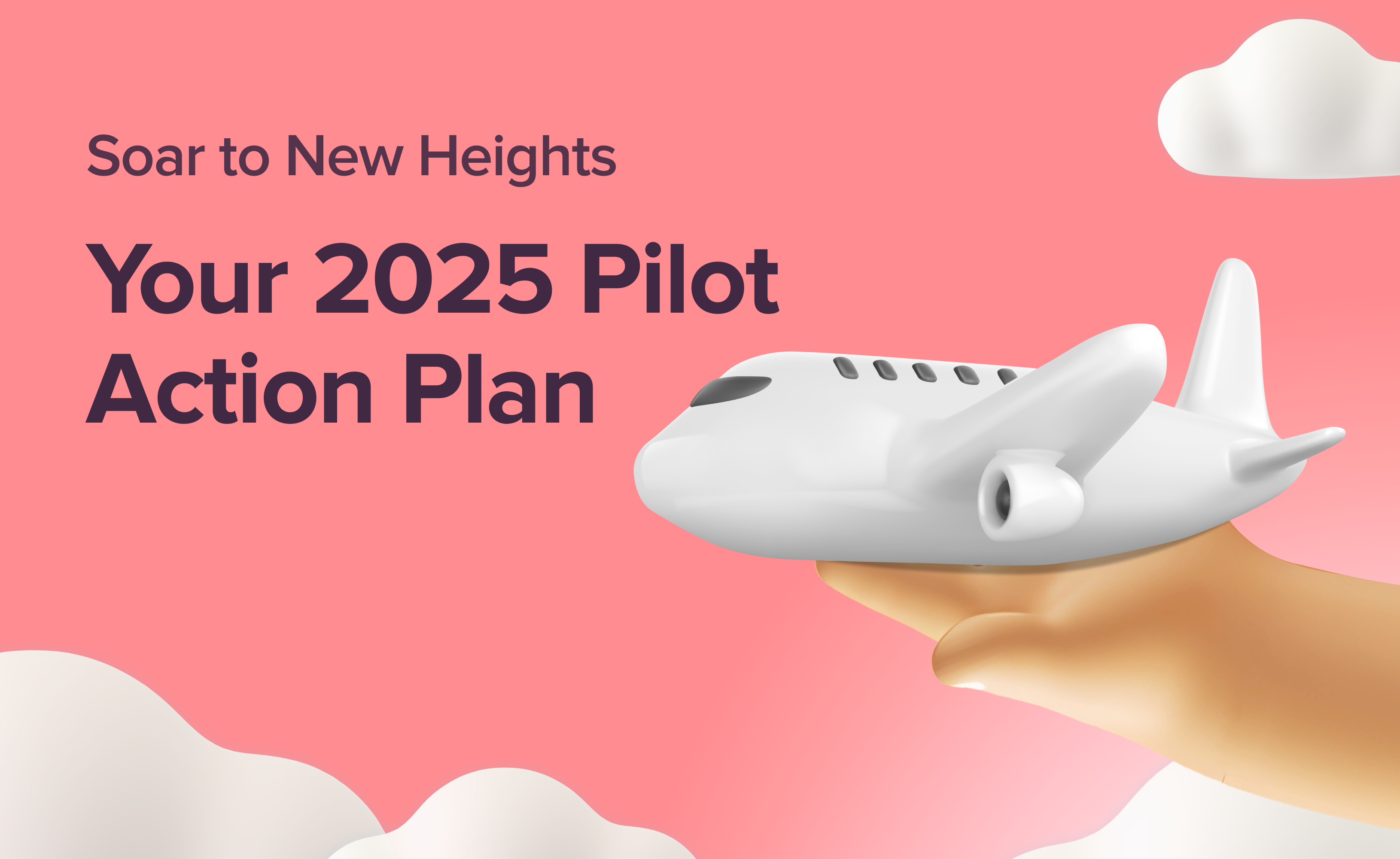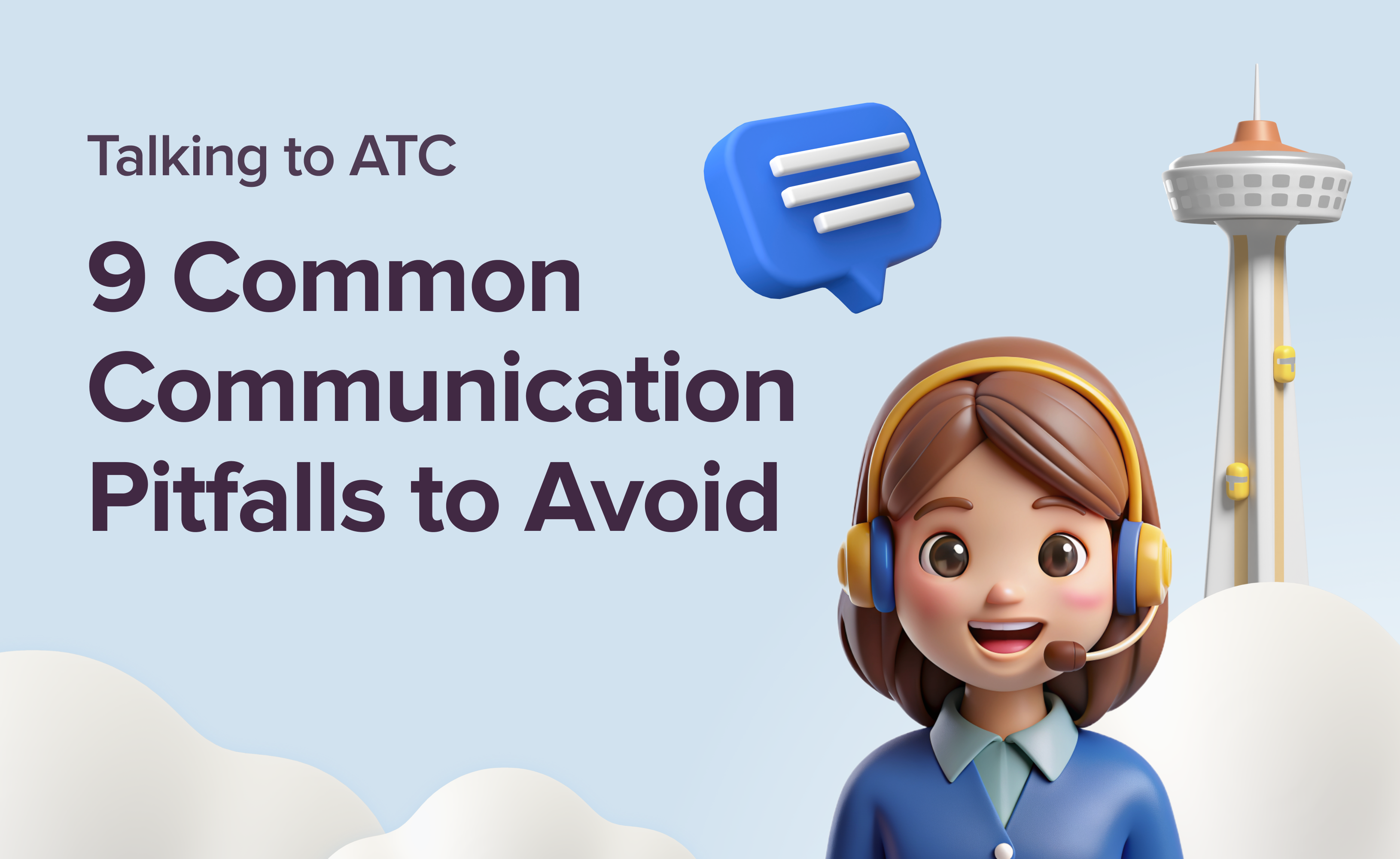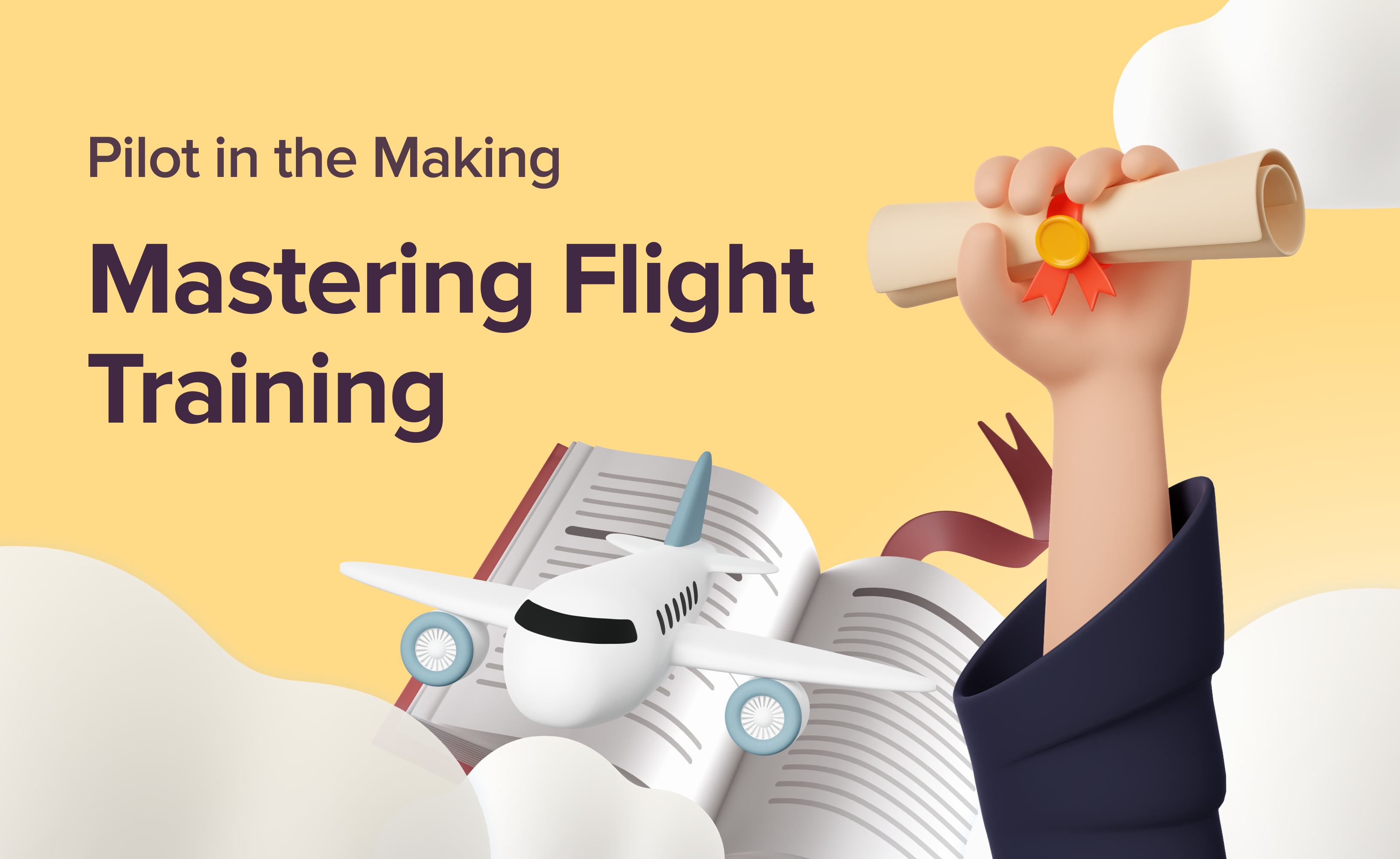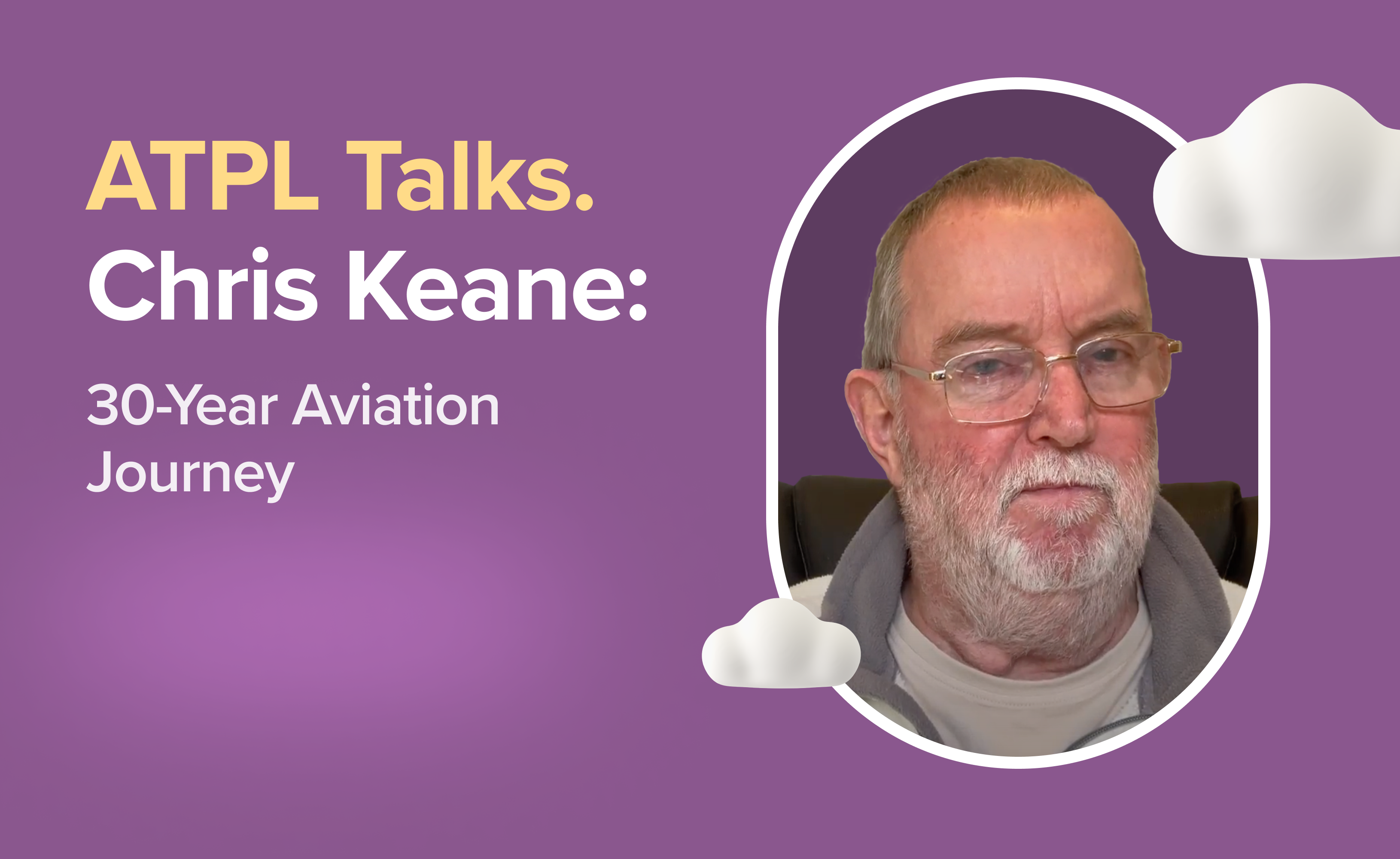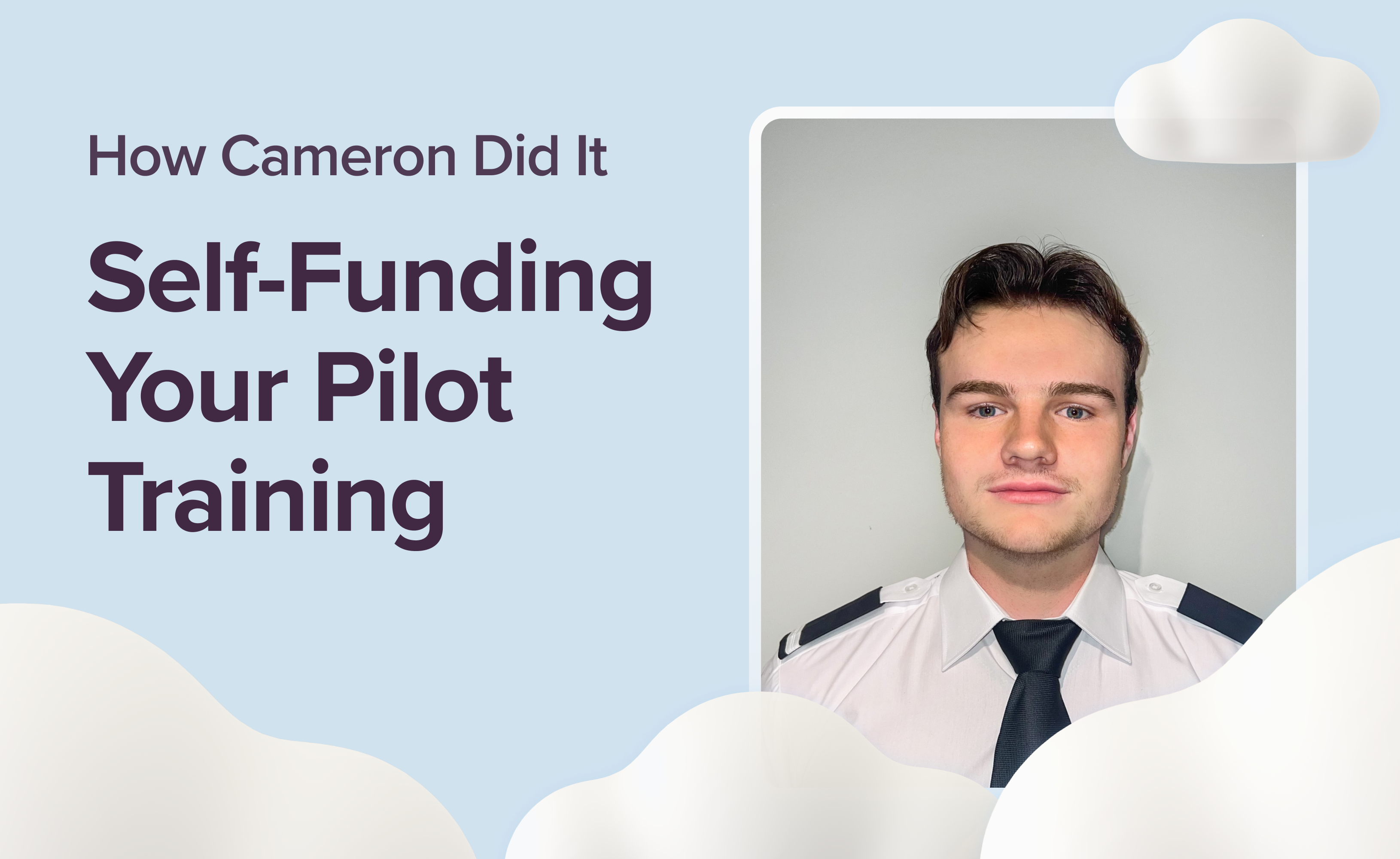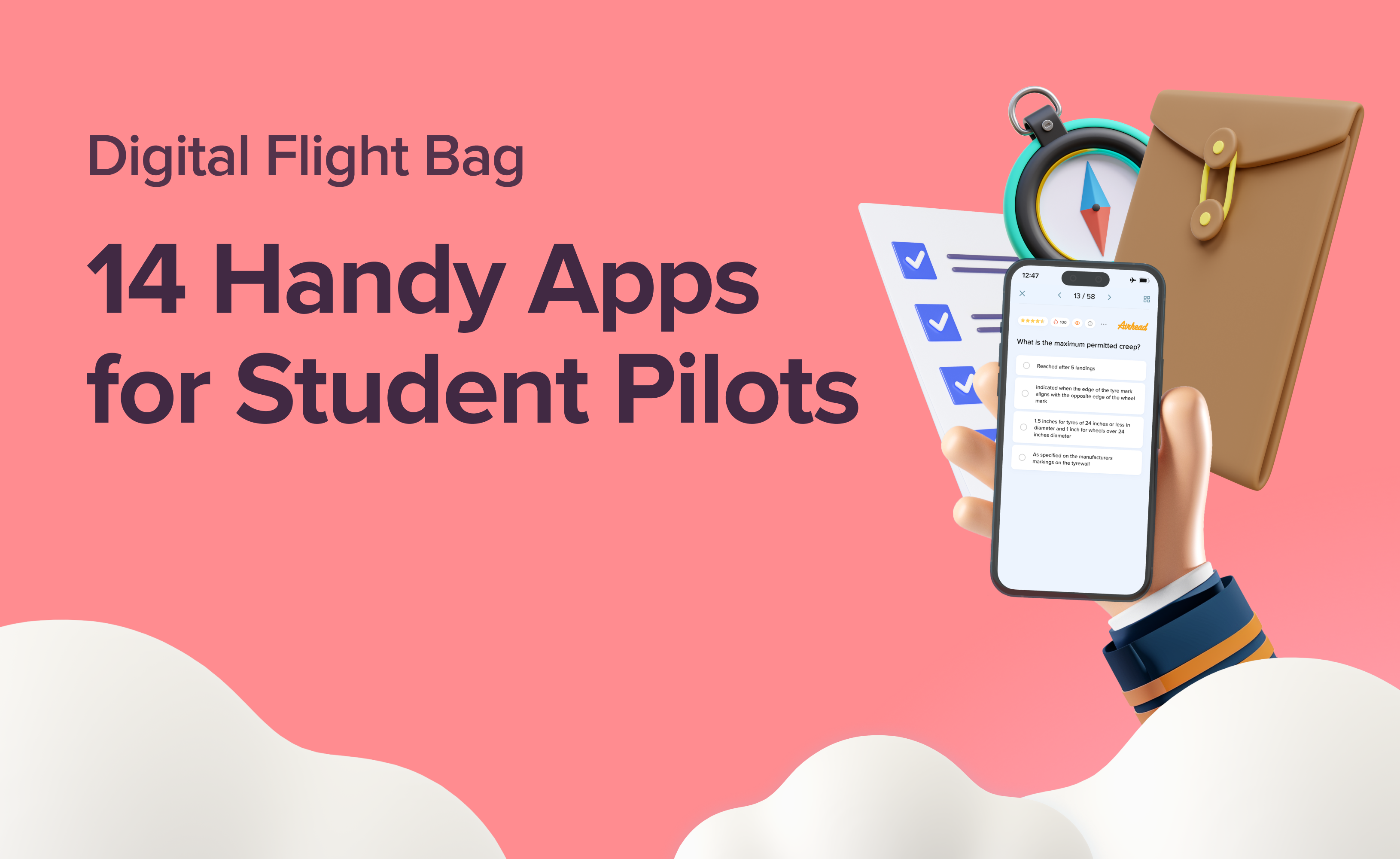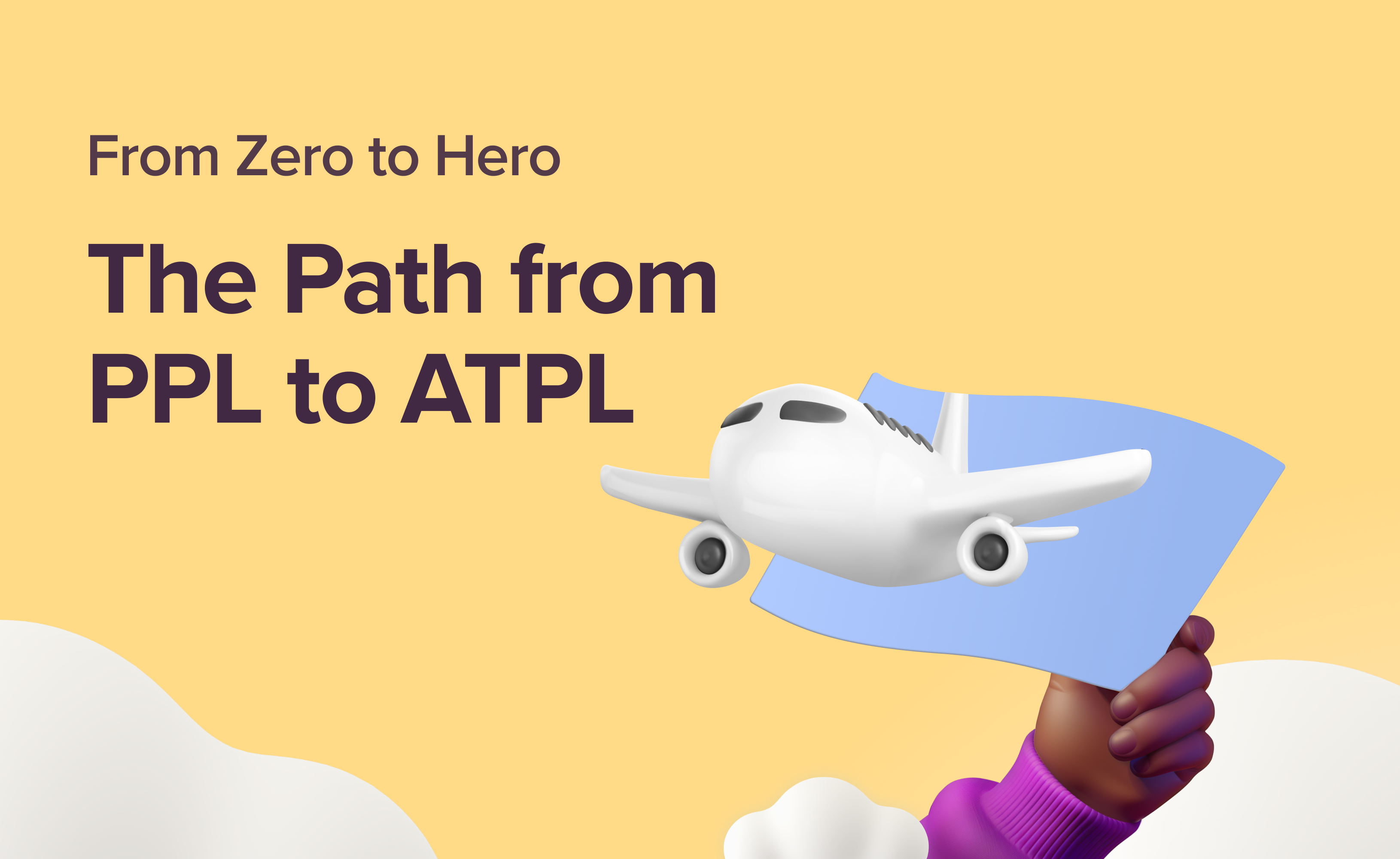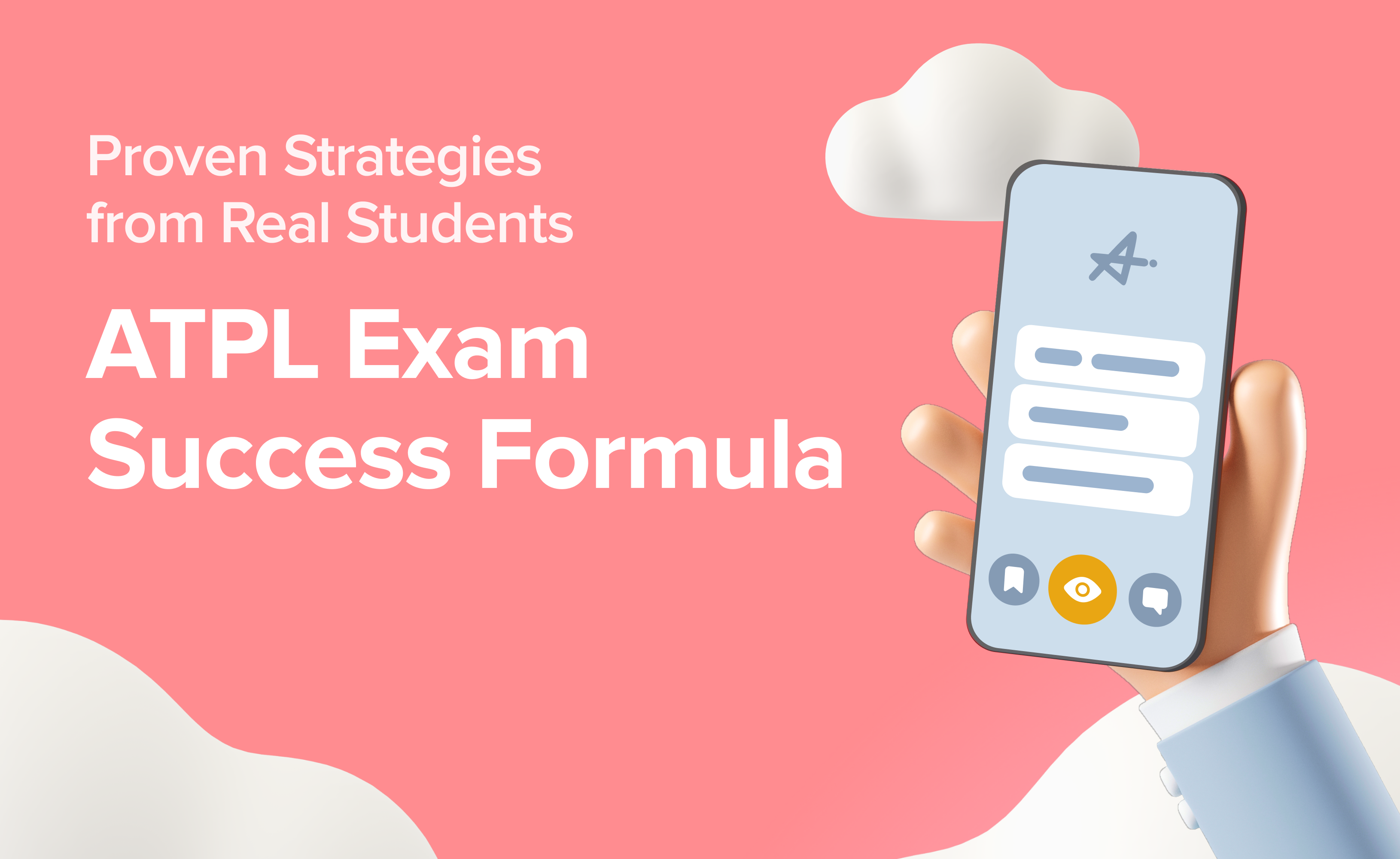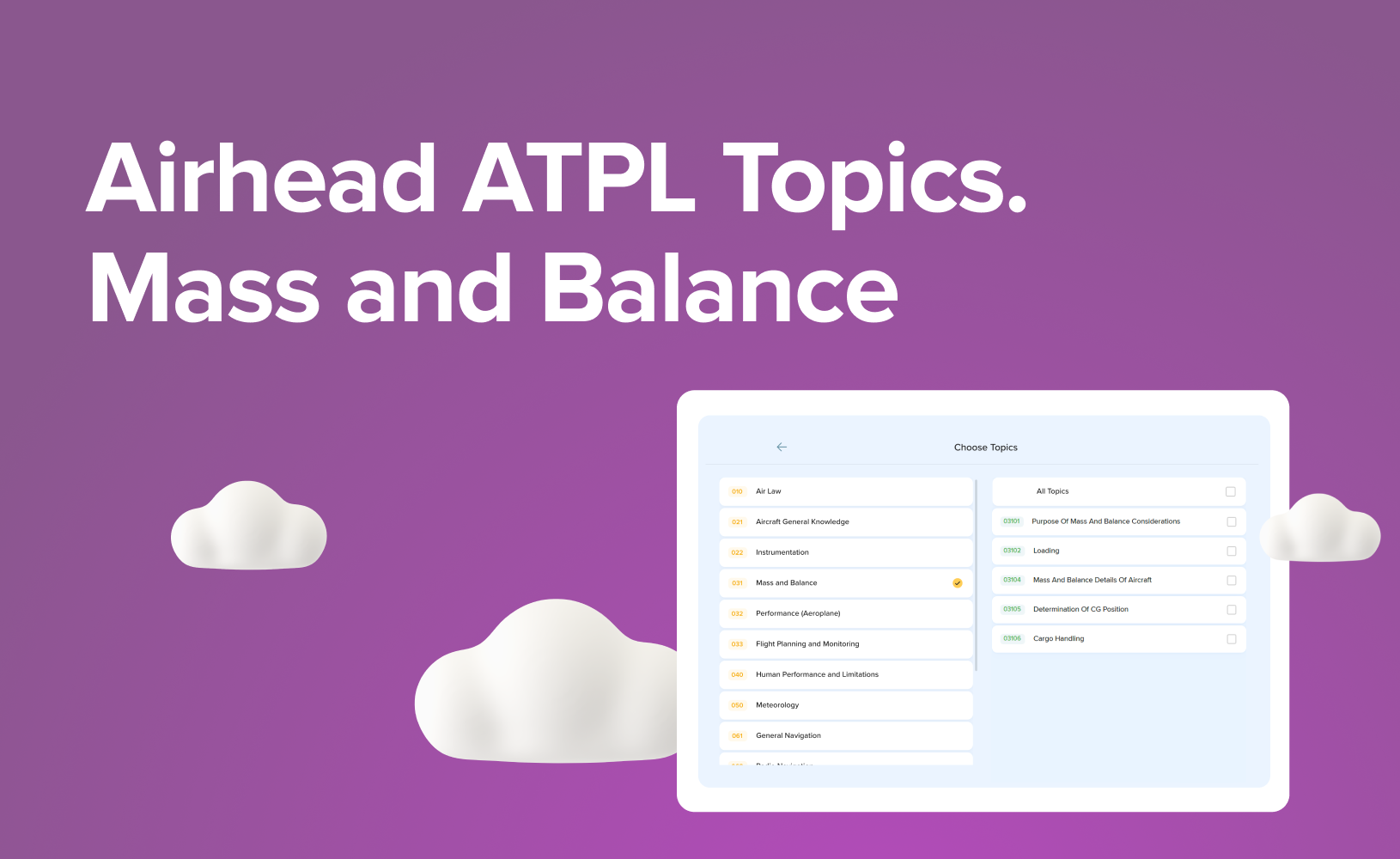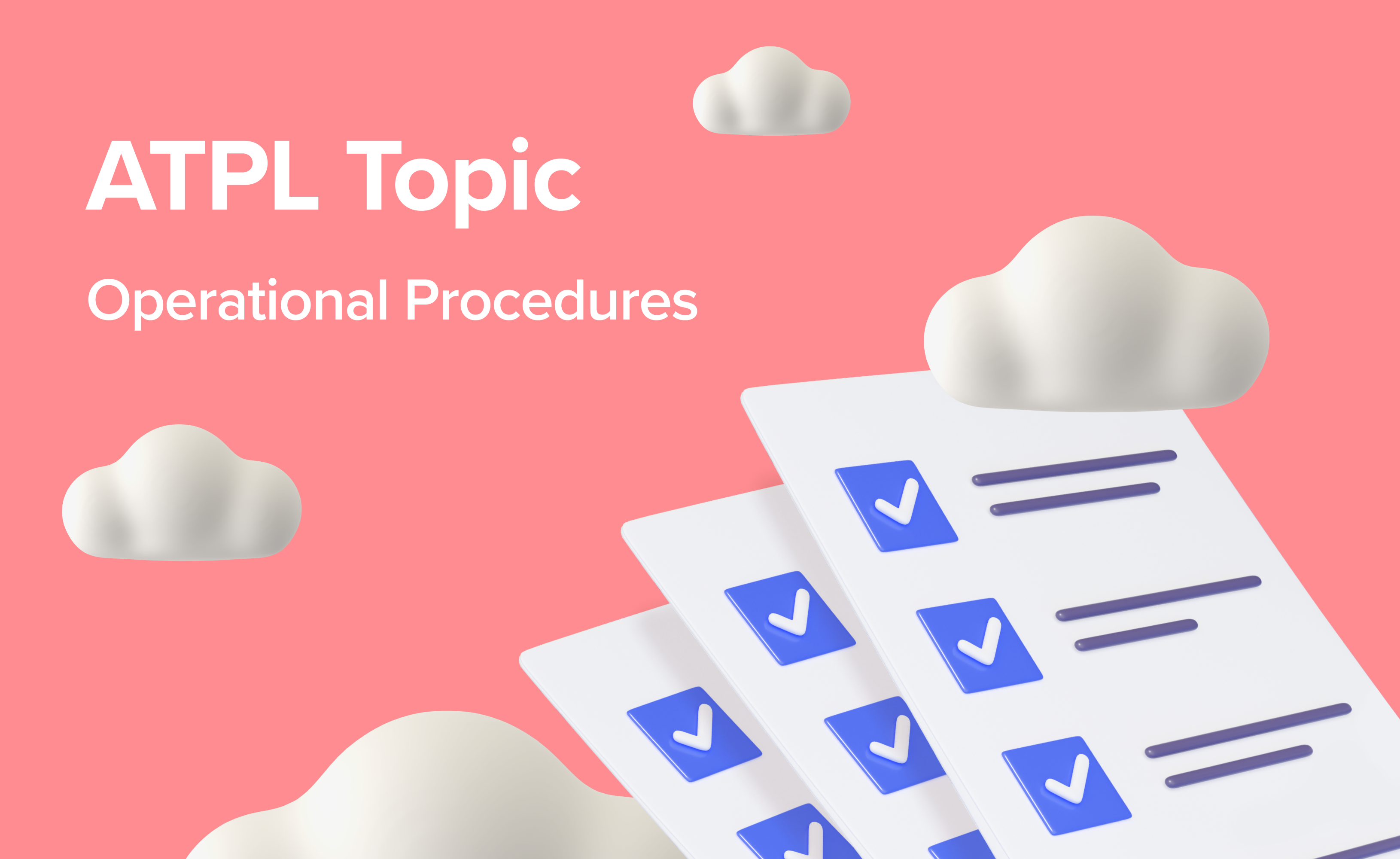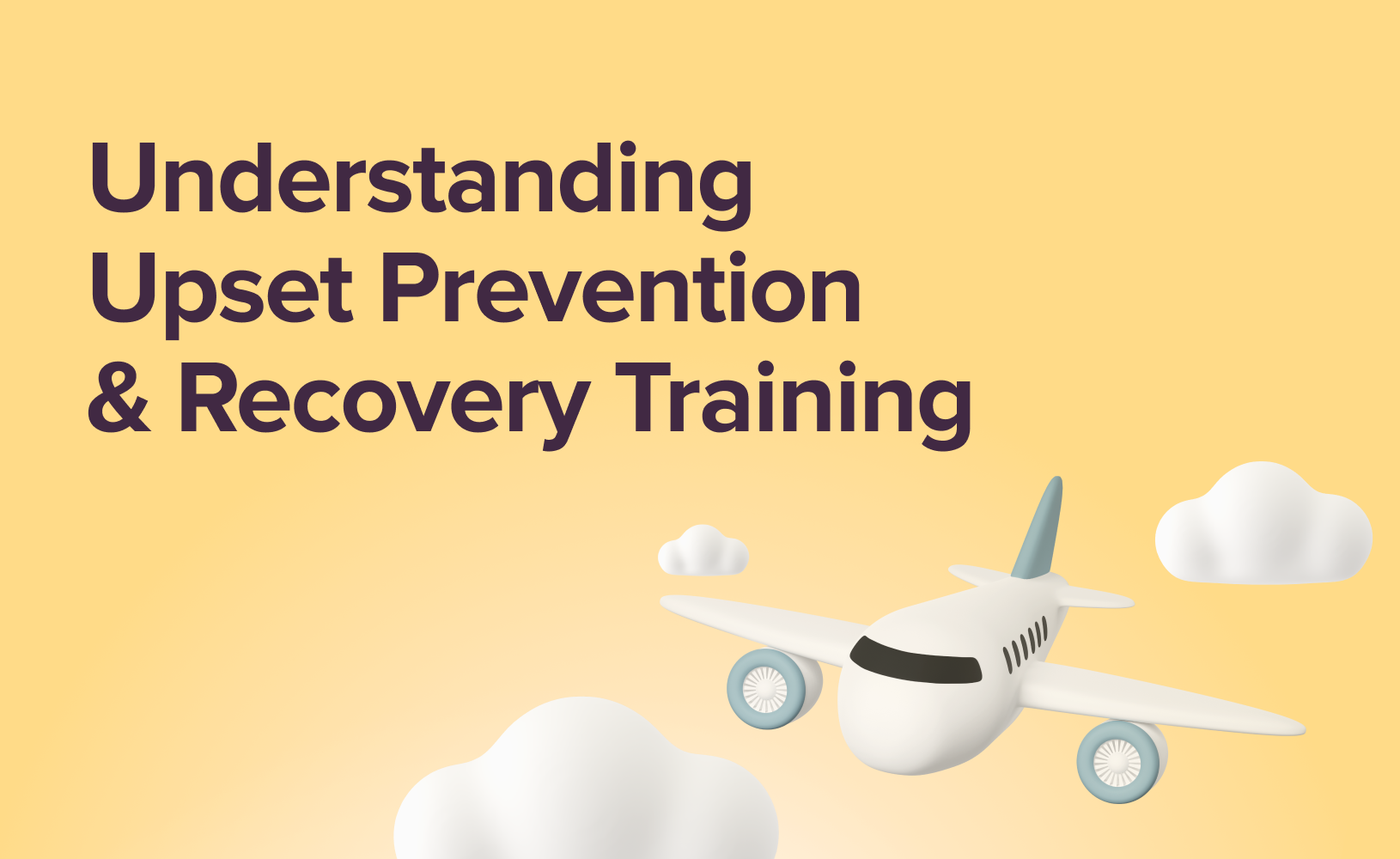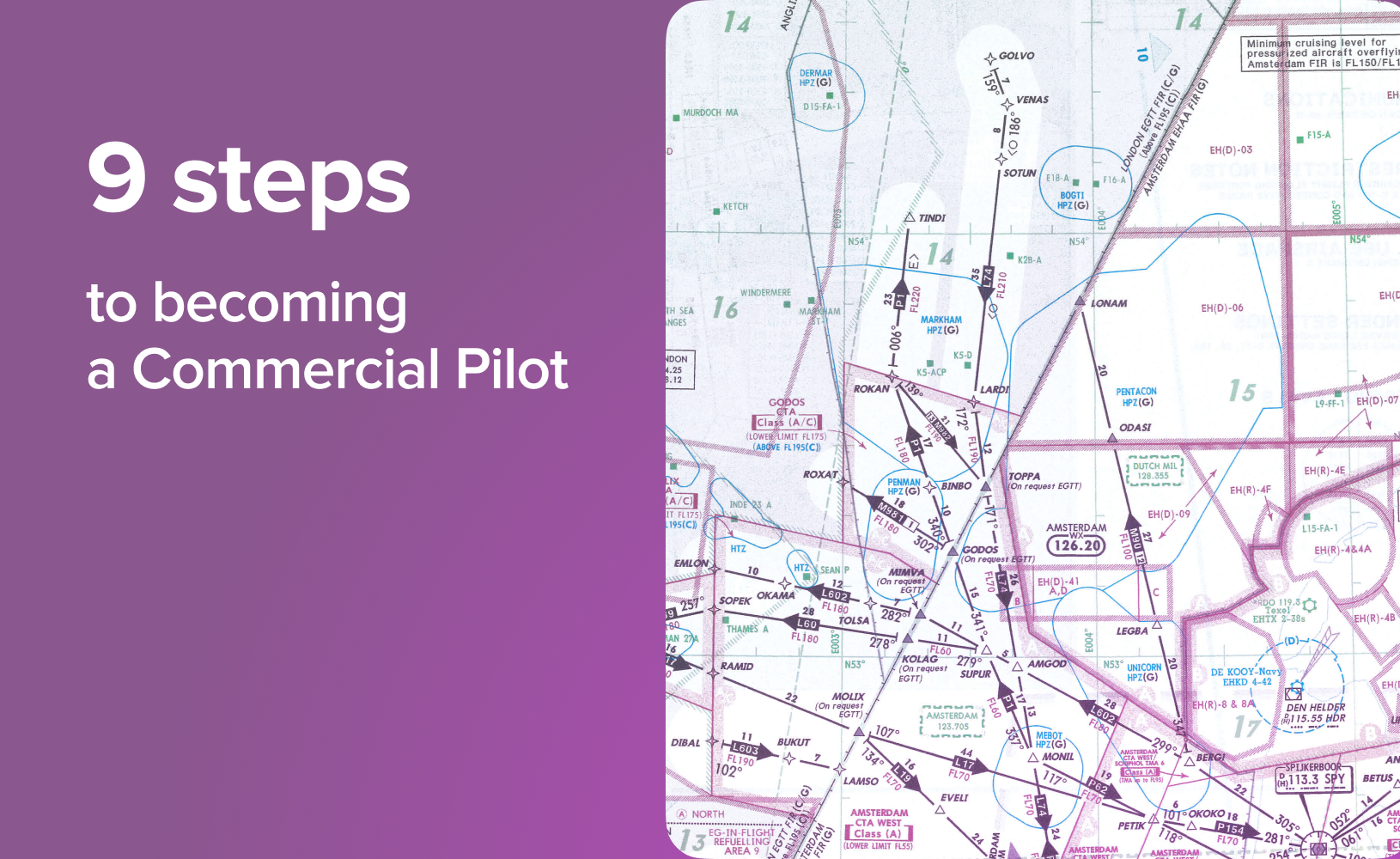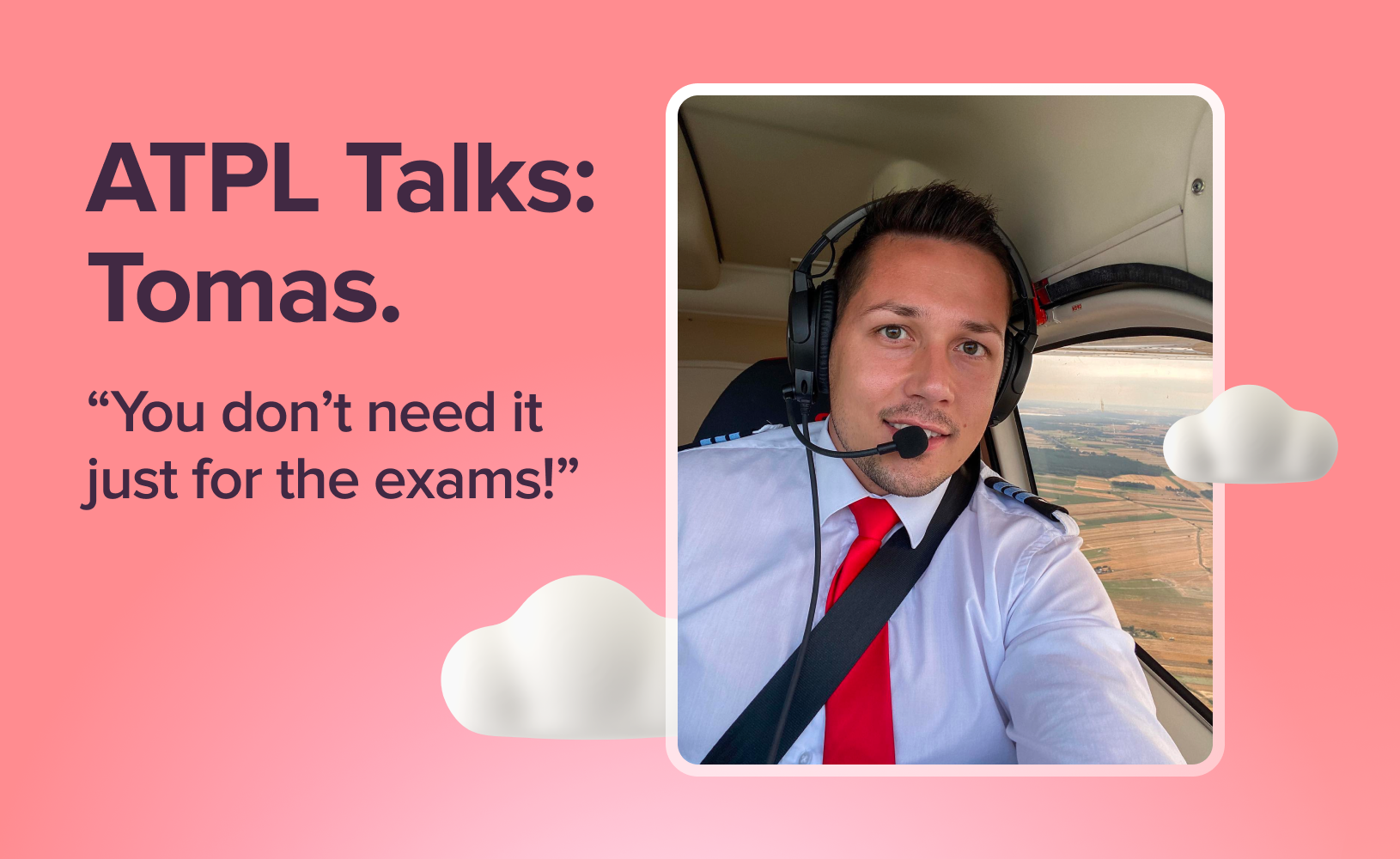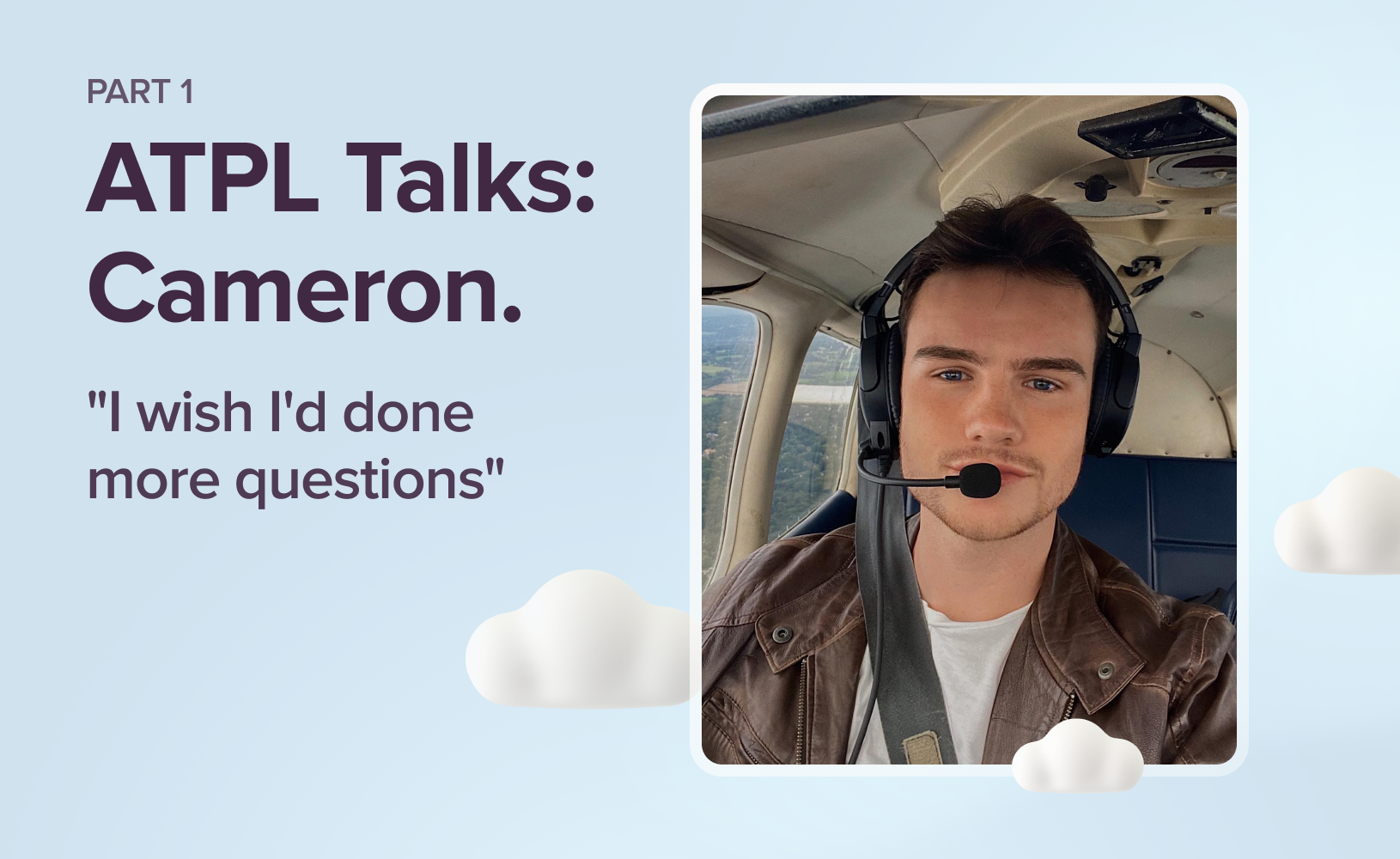ATPL Book Recommendations: The Ultimate Guide for Aspiring Aviators
Are you a new student aiming to reach the heights of a commercial pilot, the Airline Transport Pilot Licence (ATPL)? Then you understand that reaching the golden standard of the aviation industry demands substantial investment of time, energy, and resources. As a practical thinker with a goal-oriented mindset, you're not just looking to pass; you're aiming to excel in your ATPL course training and emerge as a highly competent pilot.
This is where the right study books and materials can make all the difference. To provide you with a distinct advantage, we've meticulously curated a selection of top-notch ATPL books, authored by seasoned pilots and aviation professionals. Let's take off into the world of top ATPL books to fuel your aviation dreams.
What books should I read if I want to be a pilot?
Aspiring professional pilots are encouraged to expand their reading horizons beyond conventional textbooks, exploring a diverse range of materials that not only cover essential aviation knowledge but also provide valuable industry insights and contribute to personal growth.
It's crucial to recognize that various books and schools take different approaches to pilot education. Some materials are exam-oriented, focusing primarily on helping you pass your theory exams. These resources may provide concise information tailored specifically for exam success.
When it comes to selecting the best books, especially for private pilot training, consider the following steps:
1. Consult Your Flight School
Begin by checking with your flight school. Many of them include recommended reading materials as part of their training packages. Inquire if there are particular titles they suggest, as these might be well-integrated into your coursework.
2. Explore the Private Pilot Study Material List
While your flight school may provide essential reading materials, it's beneficial to explore additional resources for getting new heights. The private pilot study material on this list is designed not only to prepare you for exams but also to instil a deeper understanding of aviation principles and pilot career making you a more proficient and informed professional.
3. Check for the Latest Editions
Ensure that you have the latest editions of the recommended books. Aviation regulations and ATPL exam content are subjects to updates, and having the most recent information is crucial for staying current and performing well during exam days.
4. Engage with Instructors and Peers:
Seek advice from your instructors and peers regarding book recommendations. Instructors often have valuable insights into which materials align best with the syllabus and provide effective learning experiences.
5. Stay Informed About Syllabus Changes:
The aviation industry undergoes periodic changes, leading to updates in syllabi. Stay informed about these changes and adjust your reading list accordingly. Regularly check in with instructors and peers to ensure you have the latest recommendations.
ATPL Syllabus Textbooks
While these electronic textbooks explicitly address the content necessary for the exam, they also prove valuable for student pilots pursuing other aeroplane licenses such as CPL and IR. Each title in this collection extensively covers the ATPL theory, offering an array of tips, numerous illustrations, and multimedia resources to enhance the learning experience.
010 - Air Law eTextbook. Comprehensive coverage of aviation laws and regulations is essential for aspiring pilots pursuing their ATPL license.
021 - Airframe, Systems, Electrics, Power Plant eTextbook. Detailed insights into the structure, systems, electrical components, and power plants of aircraft, crucial for a deep understanding of aviation technology.
022 - Instrumentation eTextbook. In-depth exploration of aircraft instrumentation, providing knowledge on navigation and communication systems critical for pilot proficiency.
031 - Mass & Balance eTextbook. Focuses on the principles of aircraft mass and balance, crucial for safe flight operations and compliance with regulatory standards.
032 - Performance eTextbook. Explores the performance characteristics of aircraft, covering aspects like takeoff, landing, and manoeuvring under different conditions.
033 - Flight Planning & Monitoring eTextbook. Comprehensive guide to flight planning and monitoring, emphasizing the importance of strategic planning for safe and efficient flights.
040 - Human Performance & Limitations eTextbook. Examines human factors affecting aviation, including physiological and psychological aspects, to enhance pilot decision-making and performance.
050 - Meteorology eTextbook. Covers meteorological principles relevant to aviation, helping pilots understand and navigate through various weather conditions.
061 - General Navigation eTextbook. Provides a foundation in navigation techniques, essential for effective route planning and execution during flight.
062 - Radio Navigation eTextbook. Explores the principles and techniques of radio navigation, a critical skill for modern aviators relying on electronic navigation aids.
070 - Operational Procedures eTextbook. Focuses on standard operating procedures, crew resource management, and decision-making processes for safe and efficient flight operations.
081 - Principles of Flight eTextbook. Examines the principles governing flight dynamics, aerodynamics, and aircraft performance.
090 - Communications eTextbook. Covers effective communication in aviation, emphasizing radio procedures and language for clear and concise cockpit communication.
EASA Professional Pilot Studies. A comprehensive program covering various aspects of professional pilot studies, offering a holistic approach to aviation education.
Professional Helicopter Pilot Studies. Tailored for aspiring helicopter pilots, this program covers the specific knowledge and skills required for helicopter flight.
10 Must-Have Books for High-Flyers
As a student pilot, you're likely deeply engaged with mandatory study materials. However, there are a large number of aviation-related works that go beyond the standard curriculum of ground school. The following list contains 10 best books that offer a broader exploration of aviation subjects, aiming to encourage and stimulate learners. It also features some lesser-known treasures within the canon of aviation literature that may be new to you.

1. Stick and Rudder by Wolfgang Langewiesche
A timeless classic in aviation literature, "Stick and Rudder" delves into the intricacies of flying, offering profound insights into the principles of piloting. Langewiesche's narrative style and emphasis on practical skills make this book a must-read for those seeking a deeper understanding of the art of flying. Although published way back in 1944, this book has become a classic and continues to be recommended by both past and present aviation students. It goes over the main phases of flight, explaining them in detail, and providing more information than the standard textbooks. It is worth reading for the beginner to fly, then returning to as a qualified pilot or even as an instructor! A book for the whole of your flying life.

2. The Heavy Lifting: The Mechanics of Flight by AC Kermode
As an in-depth exploration of the mechanics of flight, "The Heavy Lifting" by AC Kermode provides a comprehensive understanding of the aerodynamics and mechanical principles governing aircraft. It serves as a valuable reference for both aspiring and seasoned aviators looking to enhance their knowledge of the physical forces at play during flight.

3. Fate is the Hunter by Ernest K. Gann
Ernest K. Gann's memoir, "Fate is the Hunter," offers more than just a captivating narrative of his experiences as a pilot. Gann weaves together adventure and drama, providing readers with profound reflections on the unpredictable nature of fate and the aviation industry. This book is another classic, which is still continuously recommended by atpl students as a must-read. The title reflects the author's conviction that fate, or perhaps even death, perpetually shadows pilots.

4. Everything Explained for the Professional Pilot by Richie Lengel
Richie Lengel's "Everything Explained for the Professional Pilot" stands out for its clear and concise explanations of aviation concepts. Aimed at professional pilots, the book serves as a valuable resource for those seeking to deepen their understanding of complex aviation topics. Lengel employs a non-traditional writing style, structured in an outline format resembling a checklist or scannable summary. This deliberate choice facilitates a reader-friendly experience, allowing readers to swiftly glean the essence of a topic before delving into the intricacies.

5. The Night Flight by Antoine de Saint-Exupéry
This enduring masterpiece represents a significant piece that propelled the writer into the spotlight. Drawing from his experiences as an airline pilot in the 1930s, Saint-Exupéry weaves a narrative that captures the essence of his years in the skies. The novel offers a unique perspective on the challenges and reflections encountered during nocturnal flights. A compelling read for those seeking a departure from standard textbooks, "Night Flight" immerses readers in the captivating world of aviation through the lens of Saint-Exupéry's literary craftsmanship.

6. The Killing Zone by Paul Craig
"The Killing Zone" by Dr. Paul Craig, a seasoned flight instructor and professor, serves as a guide for student pilots navigating the critical stages of their training, referred to as the "killing zone." The book delves into factors contributing to this phase, such as pressure, lack of experience, and adapting to new environments and technologies. It provides practical advice on stress management, habit development, and seeking assistance when needed. A notable strength of the book lies in its focus on the psychological and emotional challenges faced by student pilots. Dr. Craig adeptly explores how these challenges impact performance and decision-making, offering valuable insights into overcoming them.

7. Rod Machado's Private Pilot Handbook
Authored by Rod Machado, this handbook not only imparts practical insights for private pilot training but also infuses humour, making the learning experience enjoyable. Machado's unique approach makes complex concepts accessible, catering to a wide audience of aspiring aviators.

8. Private Pilot Manual by Jeppesen
If there's one book that should find its place in your training arsenal, this is undoubtedly it. This manual transcends the traditional boundaries of ground school literature. Its extensive coverage includes a myriad of topics crucial for private pilots, ensuring a comprehensive understanding of the essentials. What sets it apart is its commitment to staying current. While many books lag behind in updates, this manual delves into the intricacies of modern systems, including all-glass cockpits, ADS-B, electronic flight bags, and more.

9. Pilot’s Weather: a Commonsense Approach to Meteorology, by Brian Cosgrove
While meteorology textbooks often struggle to captivate students, Brian Cosgrove's "Pilot’s Weather" emerges as a refreshing exception. This book transcends the mundane, offering an eminently readable exploration of meteorology that captivates readers at every level of expertise. What sets this book apart is its immersive approach, vividly bringing meteorology to life. It transforms the abstract into the tangible, making the subject not only comprehensible but truly engaging.

10. Phil Croucher's EASA Professional Pilot Studies
As part of the EASA Professional Pilot Studies, Phil Croucher's materials offer comprehensive coverage of various aspects of professional pilot education. Designed to meet the standards of the European Aviation Safety Agency, these resources provide aspiring pilots with a solid foundation for their career endeavours
Conclusion
Exploring diverse shopping experiences, from the comprehensive offerings of padpilot books to the vast selection of Amazon stores, allows you to tailor your learning journey. Each book, carefully selected, becomes a stepping stone, shaping your understanding of aviation nuances and guiding you through ground training.
Consider the insights shared by seasoned airline pilots, both within the pages of recommended books and in the broader context of your training. Their experiences offer invaluable lessons, serving as beacons illuminating the path toward proficiency and safety in the skies.
As you venture forth, absorbing the collective wisdom from your chosen literary companions, embrace the challenges and triumphs that define the pilot career landscape. Good luck on your journey—a journey fuelled by curiosity, determination, and a passion for aviation.















